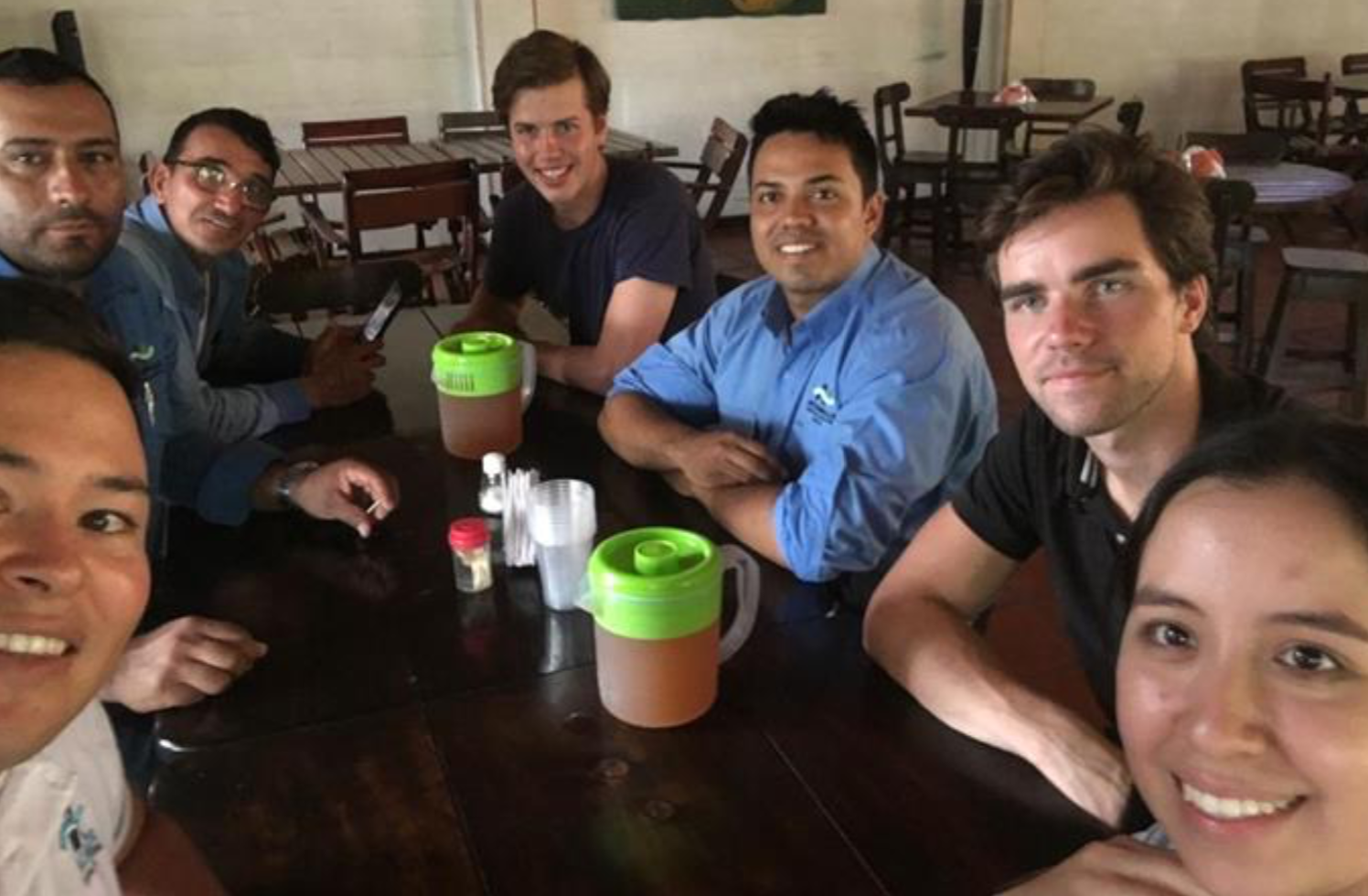Self-Composed Minor Project Colombia
The project was on behalf of the ‘Cinara Institute’ office from Universidad del Valle in Cali. The project was about making an energy-audit manual (EA) for Wastewater Pumping Stations (WWPS) in Colombia. The reason for making an EA is that Colombia wants to improve their energy efficiency leading to lower consumption rates, thus, diminishing the cost for water pumping systems and CO2- emissions.
We, Max and Reinier, did this project in the form of a “self-composed minor” part of the bachelor’s program at the TU Delft. This project was chosen because of our background in Civil Engineering and we were interested to do a project in the field of water management. Also, finding out how theoretical knowledge gained over the last few years can be put into practice, eventually resulting in a useful report.
The company AcuaValle provides us with the case study. AcuaValle was dealing with the possibility of taking over various WWPS’s. In order to reduce energy cost and lower CO2-emissions, the company is looking into possibilities how to assess the current condition of these pumping stations and how to improve them most effectively. A manual describing how to do an EA on WWPS’s can be the initiation of a revolution towards durable pumping stations.
In order for a pumping station to work efficiently; both design and equipment must be chosen with great care; however, this will not always be the case. The scope of this project is to show how a general WWPS should be evaluated in order to get a clear view of the current situation and where energy improvements can be gained. All this was embodied by carrying out the manual provided by this research called the ‘Energy Audit Manual’; which is embodied in the methodology of this report.
Furthermore, the energy audit was tested on the case study provided by AcuaValle. With the work method proposed we were able to find out that cavitation was making the pumps work inefficiently and have a shorter service lifetime. Some other dysfunctionalities were discovered concerning the design and operation of the WWPS.
Our project in Colombia gave us the opportunity to put theory into practice and use the knowledge we required during the bachelor on a real life problem. Aside from the field experience we also learned to pick up and manage a project in a foreign developing country, where people have a different day-to-day rhythm and culture. Talking to stakeholders, communication with plant operators, professors and fellow students in a different cultural environment was a great experience and one to remember.
Reinier Jonker & Max Berning
